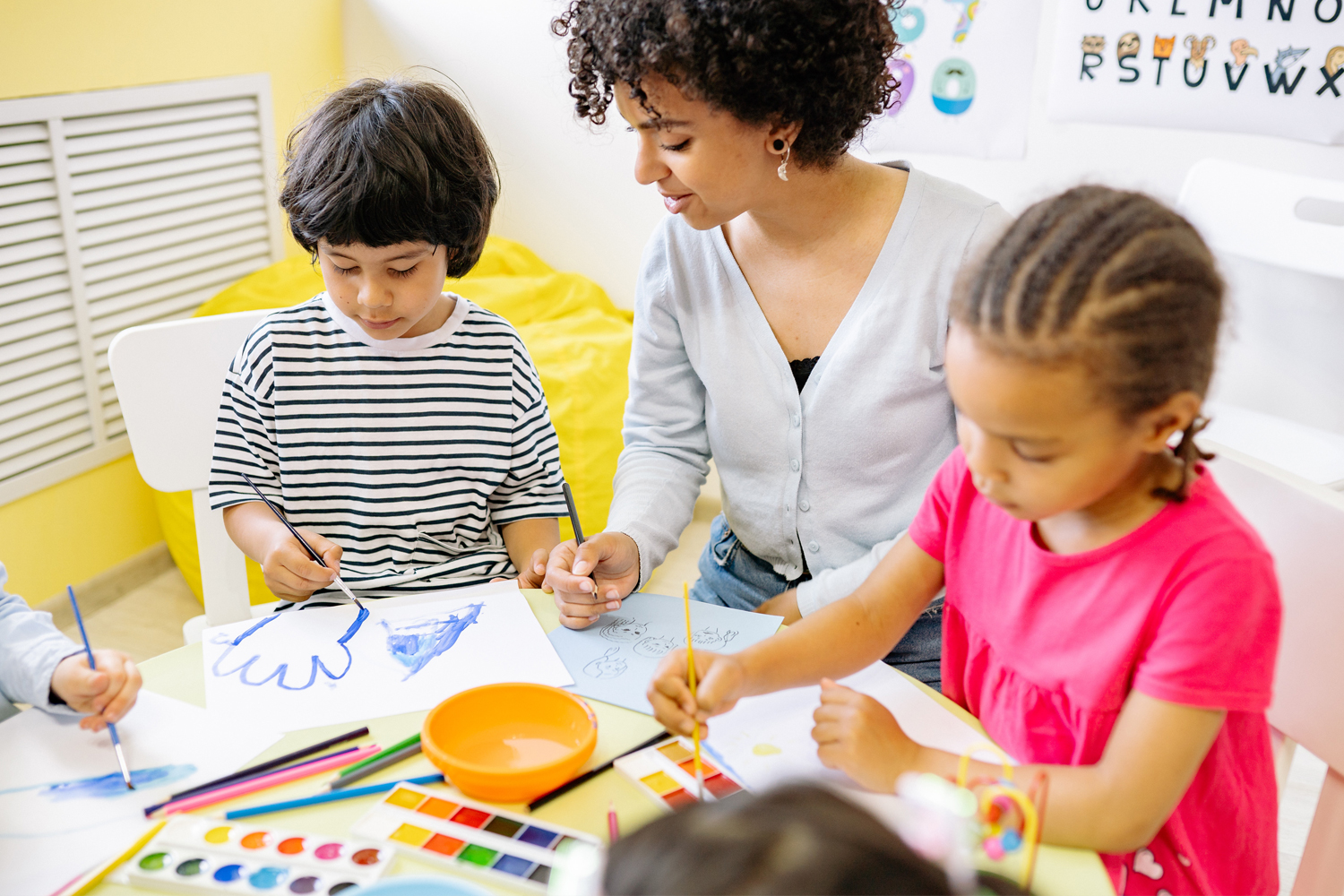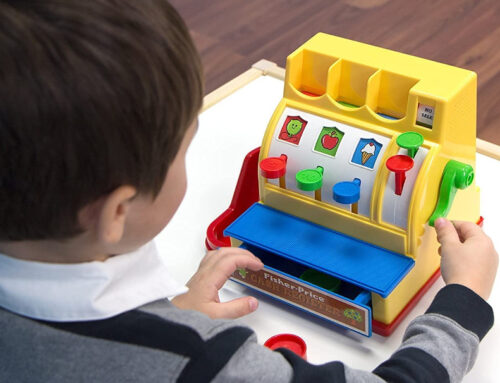The news of a child’s new diagnosis (medical or psychological) is devastating to the child, the parents, and others that are closely involved within the family unit. Adults will often go through various stages of grief including denial, anger, depression, guilt bargaining, and acceptance. Parents and caregivers are often focused on resolving the stressors of getting the effected child “better,” adjusting to changes in daily routines and navigating increased financial responsibilities. But while many focus on supporting the necessities of the diagnosed child and parents, the unique fears and needs of the sibling(s) of the diagnosed child are often neglected. This blog talks about the effect a diagnosis can have on a sibling and give tips of how to prepare a sibling for this diagnosis.
Siblings are often the most overlooked population during the onset of a new diagnosis (Bingen, et. al, 2018). Parents will often “shield” siblings from the trials that are occurring involved with caregivers and diagnosed child; or completely disregard the needs of other children–often unintentionally—because of the additional stressors/demands associated with a child’s medical diagnosis. A recent study discovered that siblings of children suffering from a major illness actually experienced more emotional and social impairments than the sick child—even two years after diagnosis (Bingen, et. al, 2018). But if caregivers are already overwhelmed with newly onset responsibilities; how can they also meet the needs of the other children as well?

Fortunately, at present time there is more information/resources available and support groups that can navigate this arduous and complicated process. The most important factor is making sure that siblings are provided with information and included in major decision-making processes that will affect the entire family. Often caregivers justify isolating siblings and omitting information in order to protect the children. However, the opposite actually occurs—children’s emotions increase exponentially due to ignorance and misinformation.
But won’t siblings become traumatized from witnessing their siblings receiving treatment/rehabilitation or knowing that their brother or sister is “different?” The opposite actually occurs; siblings actually increase bonding with siblings, comprehend diagnosis education information, and often become advocates for their siblings (educators on their medical diagnosis) for others outside of the family unit (Bingen, et. al, 2018). The important factors to remember are to keep the child’s age, understanding, and temperament into account before providing information and exposure to their sibling’s diagnosis. Qualified professionals such as occupational therapists, child life specialists, or pediatric psychologists can assist in this process via age-appropriate language, processing a variety of emotions through therapy, and sharing resources (i.e. books, medical role play, or incorporating them into the treatment). There are also diagnosis-specific sibling support groups where children can have a safe space to explore their feelings with peers that have similar experiences.
Each child, family, and diagnosis are unique experiences and no one method fits perfectly. The most important thing to remember is to know that all family members should be included in this process and that there is help available. Listed below are various local and national resources that will further assist children and their families as they navigate the overwhelming process of a pediatric new diagnosis.
Bingen, K., Craig, E., Flynn, K., Panepinto, J., Yan, K. & Zhang, L (May 2018). Impact of pediatric cancer on family relationships, Cancer Medicine, 7(5), pp1680-1688.
Resources:
Sibling Support Groups (national organization) – https://www.siblingsupport.org/about-sibshops
Books for Children/Siblings of Chronic Illness – http://saidsupport.org/books-to-help-kids-living-with-chronic-illness/
Art Therapy Services in Chicago – https://www.dandelionartstudio.com/Medical Education for Siblingshttps://www.uchicagomedicine.org/patients-visitors/classes-events/sibling-preparation

Blue Bird Day fosters socialization, sensory regulation, and pre-academic learning in children ages 2-7 years in therapeutic rotations that simulate preschool and kindergarten settings. Our compassionate therapists practice a relationship-based and family-centered approach, provide parent training, and collaborate on goals and individualized intensive treatment plans for your child.
We believe in a collaborative and multi-disciplinary team approach to therapy. A team of occupational therapists, speech-language pathologists, dietitians, developmental therapists, behavioral therapists, physical therapists, and therapeutic assistants are created for each child to ensure child and family are fully supported and the best possible results are achieved.
Options for individualized, group and virtual therapy sessions are available as well.
Want to learn more or you have a specific question? Feel free to connect with us here!



